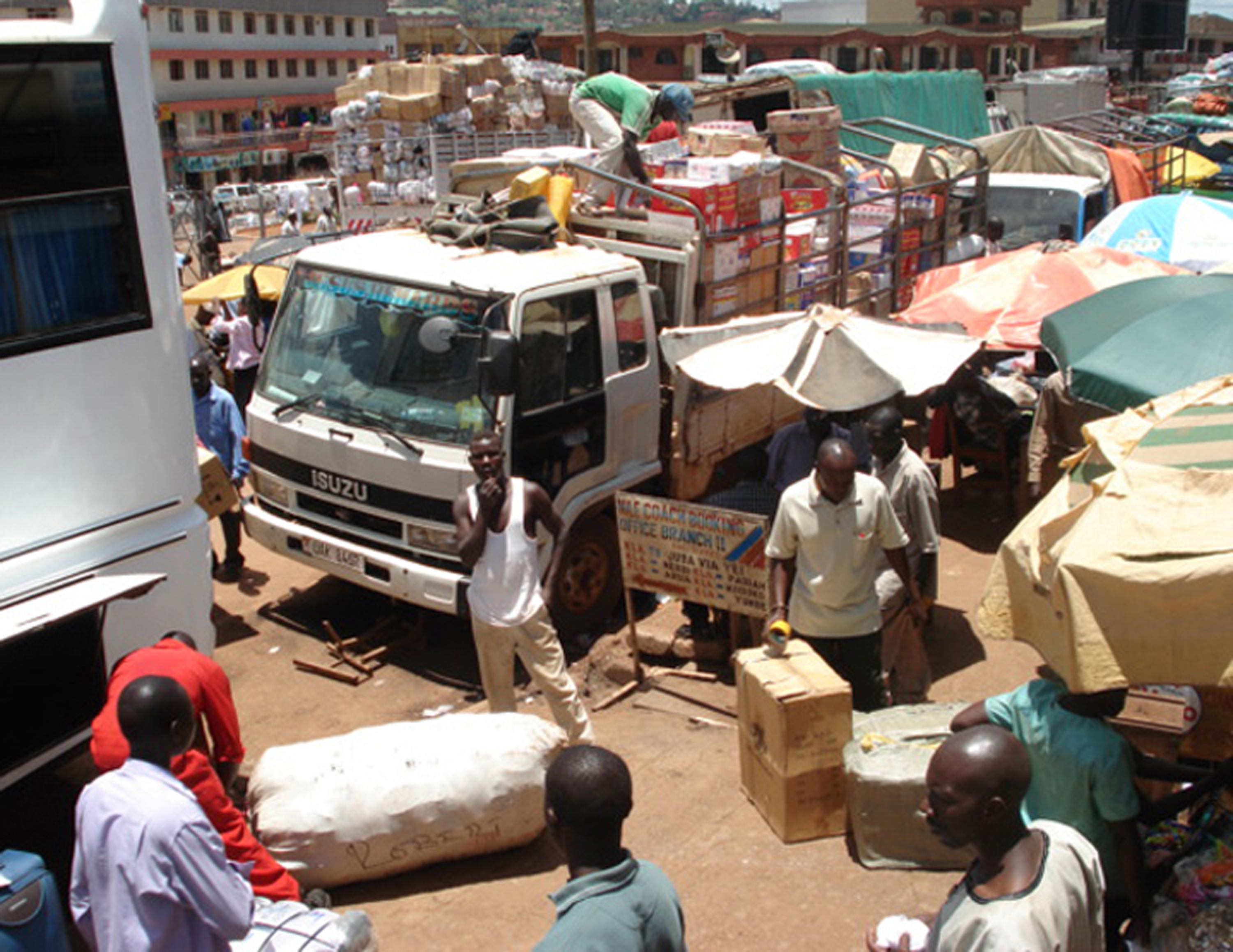Haven’t you all seen grotesque images of a scorched up village tucked away in the middle of an equatorial forest or grassland in Africa? Haven’t you all seen the all too familiar; naked child, emaciated, with red, teary eyes, and an empty bowl of porridge in his hands? Haven’t you heard figures being bandied around; 10 million Africans face death by starvation in the Sahel, the Horn of Africa or the Democratic Republic of Congo? Haven’t you all heard statements like; ‘The international community must act and act fast to avert the continuing humanitarian crises in the Horn of Africa.’ What is it that makes African problems the responsibility of the international community? Why is the international community obligated to help Africa?
Of all the continents, Africa receives the largest in-flow of aid. At least on paper. The United Nations Office of the Special Advisor on Africa (OSAA) posits that Africa is the greatest recipient of global aid. Africa receives a greater share, at 36%, of total global aid than any other part of the world. Over the past four decades, aid to Africa has quadrupled from around US$11 billion to US$44 billion, with a net increase of almost US$10 billion during the period 2005-2008 alone. In the 2005 the world’s greatest donor nations the G8 met in the Gleanegles Scotland and made commitments to increase aid to Africa. But while aid to Africa has reached record levels, it has fallen well below international commitments. Current forecasts suggest a US$14 billion shortfall on the original Gleneagles estimate that aid would increase by US$25 billion a year from 2004 to 2010. Much of this additional ODA was destined for Sub-Saharan Africa where, despite strong increase in other inflows (such as foreign direct investment and domestic resources), aid still makes an important contribution to government revenues.
Dambisa Moyo, a long time Afri-aid skeptic in her damning indictment on aid to Africa writes that, ‘Giving alms to Africa remains one of the biggest ideas of our time — millions march for it, governments are judged by it, celebrities proselytize the need for it. Calls for more aid to Africa are growing louder, with advocates pushing for doubling the roughly $50 billion of international assistance that already goes to Africa each year.’
To this day I am still wondering why the global community have to make aid commitments to Africa. Are they morally obligated to do so? My bone of contention with aid is not around its existence. It is about its use and application around the African continent.’
Over a period of time, in Africa, governments and non-profit organizations have perfected the art of polishing their ‘beggar’s bowls’ in anticipation for aid. Flowery language is used, imminent cataclysm and Armageddon is mentioned as possible effects of constrained aid flows. Some African bureaucrat, non-profit institutions and hordes of other aid dependent actors have developed and perfected the art of aid seeking.
The perfected aid of aid seeking has one major flaw, the art of aid seeking has a donor orientation. Beneficiaries of financial aid flows dance to donors’ every tune, hum to every high note and bend every moral principle to appease the donor. Donor orientation means that intended beneficiaries of aid never really benefit, supposed beneficiaries of aid never get the chance to define their development aspirations, beneficiaries of aid are never allowed to share their priorities.
Aid to Africa no matter the altruistic intentions has never helped communities and it certainly aids in the enfeebling the capacity of communities to extricate themselves from poverty. Aid entrenches dependence, not self-dependence, which seriously affects the capacity of communities to depend on themselves.
The biggest question around afri-aid is a moral question; aid is a forceful mis-appropriation of resources from ordinary taxpayers in developed economies to greedy bureaucrats in Africa.
African governments need to rethink their development strategies, they need to refocus and place emphasis on the development of local capacity not window dressing for donor appeal.
Alex Ndungu Njeru works with the East African Policy Centre
[photo: NDTI]




1 comment